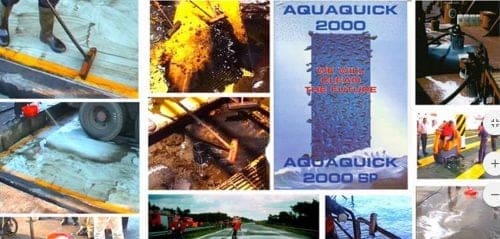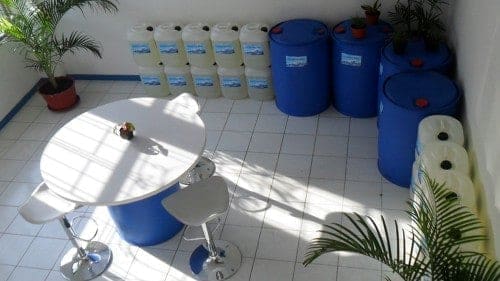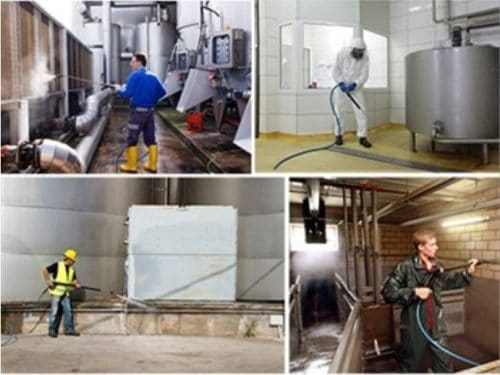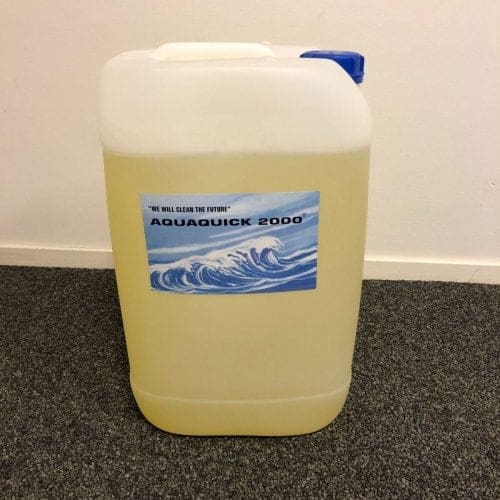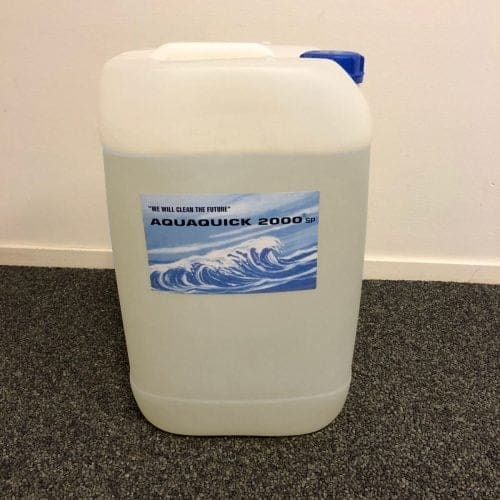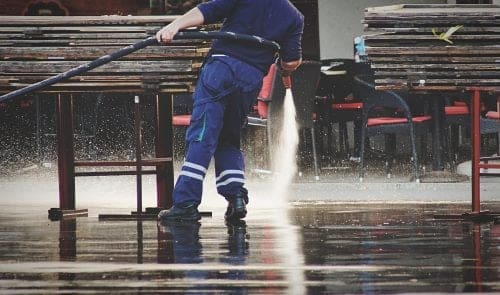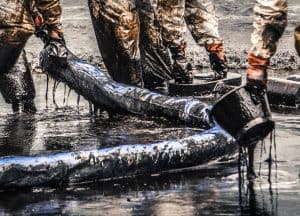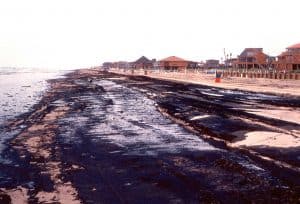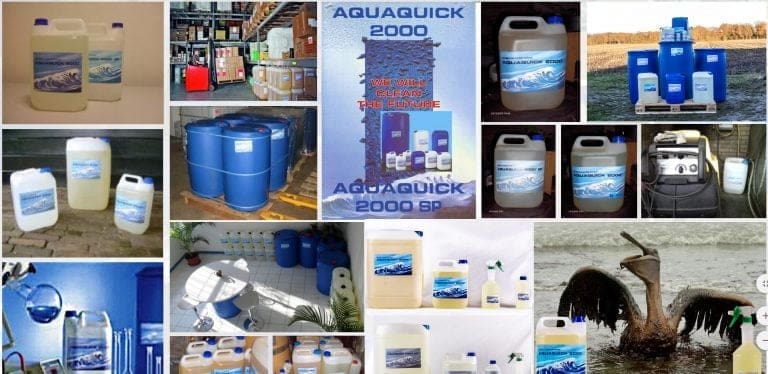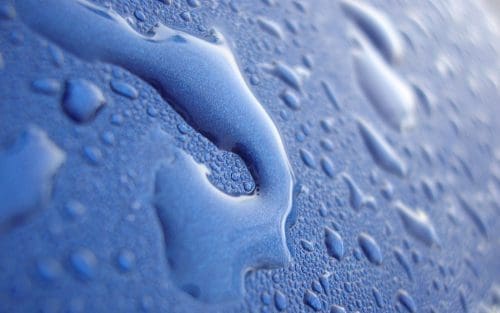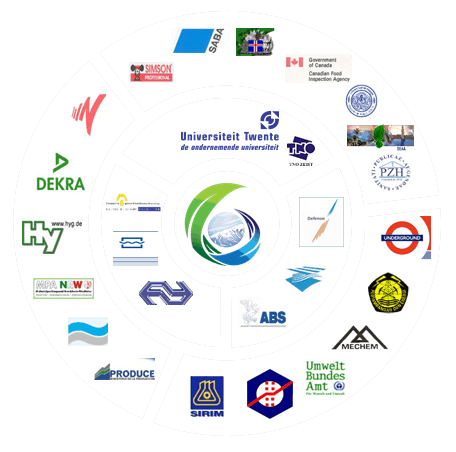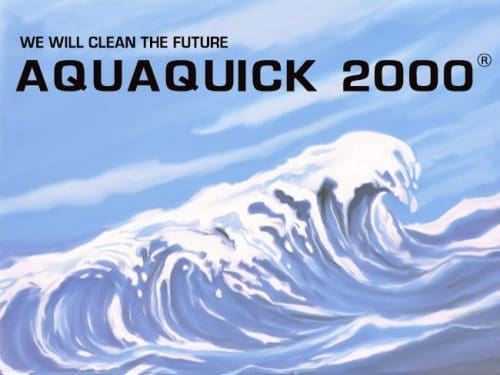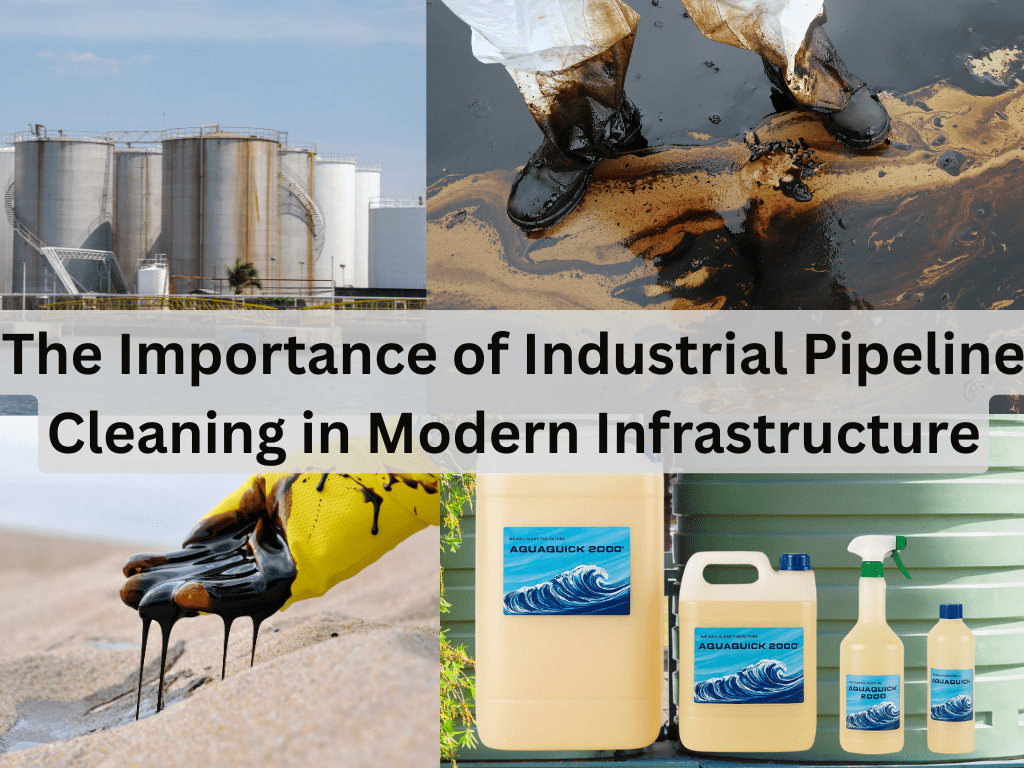Introduction: Why It Matters
From oil refineries to beverage factories, pipelines are the unseen backbone of industrial operations. These systems carry everything from crude oil to clean water. But when residue builds up, it can cripple performance. That’s where industrial pipeline cleaning comes into play.
Regular cleaning isn’t just a maintenance routine—it’s a safeguard for efficiency, compliance, and longevity.
What Builds Up Inside Industrial Pipelines?
Over time, pipelines collect a mix of:
- Sludge and hydrocarbons
- Scale and mineral deposits
- Grease, fats, or biofilm
- Chemical residues
These contaminants compromise flow and can even cause corrosion or microbial growth. In some industries, unclean pipelines can violate strict hygiene and environmental standards.
Modern Techniques for Industrial Pipeline Cleaning
Industrial pipeline cleaning methods vary based on the system’s layout and contents. Common techniques include:
- Chemical circulation: Using eco-safe cleaners to dissolve internal build-up
- Pigging systems: Mechanized tools sent through the pipeline to scrub interiors
- Hydroblasting: High-pressure water jets that dislodge tough residues
Each method has its pros and cons, and often, a combination is used for best results.
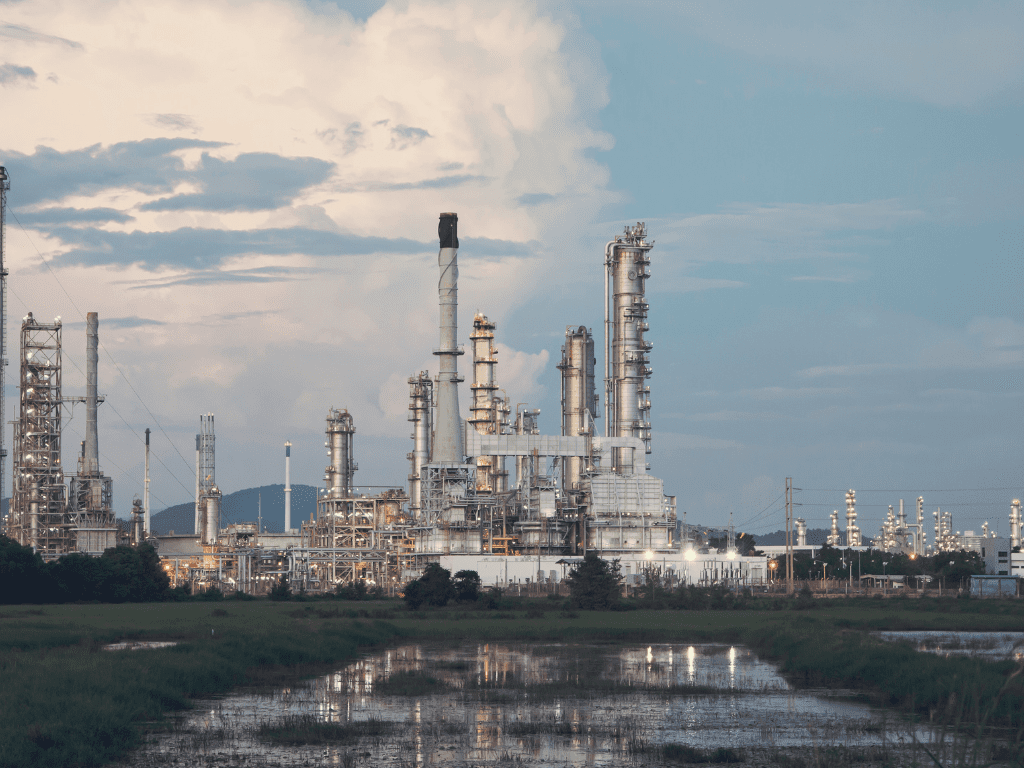
Como AQUAQUICK 2000 Supports Industrial Pipeline Cleaning
One of the key concerns in pipeline maintenance is choosing the right cleaning agent—something powerful, safe for workers, and gentle on materials. AQUAQUICK 2000 checks all those boxes.
It’s non-corrosive, biodegradable, and effective in breaking down hydrocarbon sludge. It works well with high-pressure systems and can also be used in manual cleaning when needed. In high-stakes environments like oil refineries or food-grade manufacturing, its safety profile is a major advantage.
Used in the right dilution (typically 1:15 to 1:25 for heavy sludge), it can boost cleaning performance while reducing environmental impact.
Best Practices for Cleaning Schedules
Industrial pipelines shouldn’t be cleaned only when a problem arises. Preventive maintenance schedules help avoid downtime and costly repairs. Monitor pressure changes and flow rates—these can signal the need for industrial pipeline cleaning before serious issues develop.
Clean Pipes, Smooth Operations
Don’t let hidden build-up slow down your facility. Whether you’re handling crude oil or beverage ingredients, prioritize industrial pipeline cleaning as part of your operational routine. And for a reliable, eco-friendly cleaning aid, consider AQUAQUICK 2000 to get the job done right—without harming your system or the environment.

